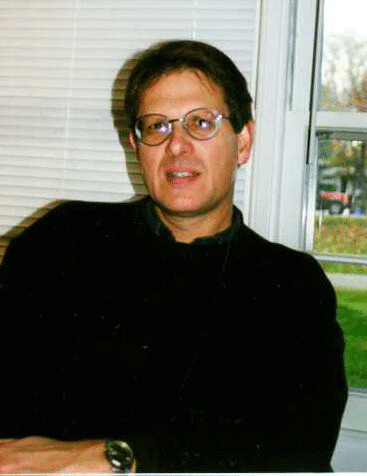When I first met Barrett Watten, in 1965, he was a senior at
In 1970, the number of people who understood – or thought we understood – the implications of Grenier’s unique combination of impulses from the work of Gertrude Stein, Louis Zukofsky & Robert Creeley was small enough to have had dinner at a restaurant without having to push tables together. But what really cemented the relationship was a discussion Watten & I had – it took a couple of hours – when he dropped by the north Oakland cottage I shared with Barbara Baracks & tried to persuade me to take the work of Clark Coolidge seriously. I got it that Coolidge had already moved beyond the poem-as-speech metaphor so beloved of creative writing workshops in the 1960s, but what I didn’t get at that point was what the alternative principles of selection might be. I might even have thought, well, hanging with the
My sense of that afternoon was not unlike my first exposure to Bob Grenier’s reportorial microwriting, a good portion of which would go into Sentences. What I felt was vertigo: I realized that the world I thought I knew of poetry – which was pretty much outlined by the Allen anthology, modified only by the arrival of a younger group of poets – Robert Kelly, Clayton Eshleman, Diane Wakoski, David Antin – associated with Caterpillar, alongside a few outliers such as Ronald Johnson or John Taggart, that world was about to change, and this change would be as dramatic in its own way as had been the arrival, say, of the New Americans announced by Olson’s “Projective Verse,” Ginsberg’s Howl & John Ashbery’s “Europe.” At least it would be (and was) for me.
I didn’t see a lot of Watten over the next year or so – he’d finished at
By this time Watten had not only started This magazine with Bob Grenier, but had taken on the full reins of the venture. It was already evident that the vague sense I had of this looming change in poetry was in fact happening & that Watten & Grenier & a bunch of other folks we were coming to know were all going to be part of this in some form or other.
So in 1974, I roomed with Barrett on
It was Watten’s This Press that would publish Ketjak in 1978, an event that functionally changed my life as a poet. Once it was out, I found myself in a position to publish pretty much everything I wrote. That a small press with only the relatively primitive distribution systems available to such publishers in the 1970s could have this impact was itself instructive. Watten also published Coolidge’s The Maintains and Quartz Hearts, to this day my favorite book of Clark’s. This Press published Kit Robinson’s Dolch Stanzas, Ted Greenwald’s You Bet!, Larry Eigner’s Country / Harbor / Quiet / Act / Around, Grenier’s Series: Poems 1967 – 1971, Bruce Andrews’ Sonnets (memento mori), Carla Harryman’s Under the Bridge, Bob Perelman’s Primer, and two of Watten’s own early books, Decay and 1 – 10. I’m pretty sure that’s not a complete list – it’s what jumps out at me from my own shelves.
Except for the books, which start in 1975, all of this occurs really before the time-frame we’ve set for ourselves in The Grand Piano project. Not to mention the nearly 30 years of work that Watten has done since the days of the GP reading series. Which include two of the best critical books I’ve ever read, multiple volumes of poetry (also among my favorite in the world), and spearheading the process by which The Grand Piano itself is being written. To say that working with ten language poets is like herding cats fails to convey just how strong headed and busy these cats are. But as I learned as his roommate, Watten is the James Brown of American poetry, the hardest working man in the room. To this day, I’ve never met anyone who puts the same amount of energy into thinking – and doing – whatever the poem requires. And I have, for 43 years, learned an enormous amount just by paying attention.
I’ve written about (or otherwise included) Watten here before: These are some of the more noteworthy:
On Plasma / Paralleles / “X” (from my selection of “essential works” that most influenced me for Peter Davis’ Poet’s Bookshelf)
On Watten’s own contribution to
Watten’s poem ”Tibet” which I ran in response to the violence with which the Chinese put down demonstrations there earlier this year.
I can’t be in






